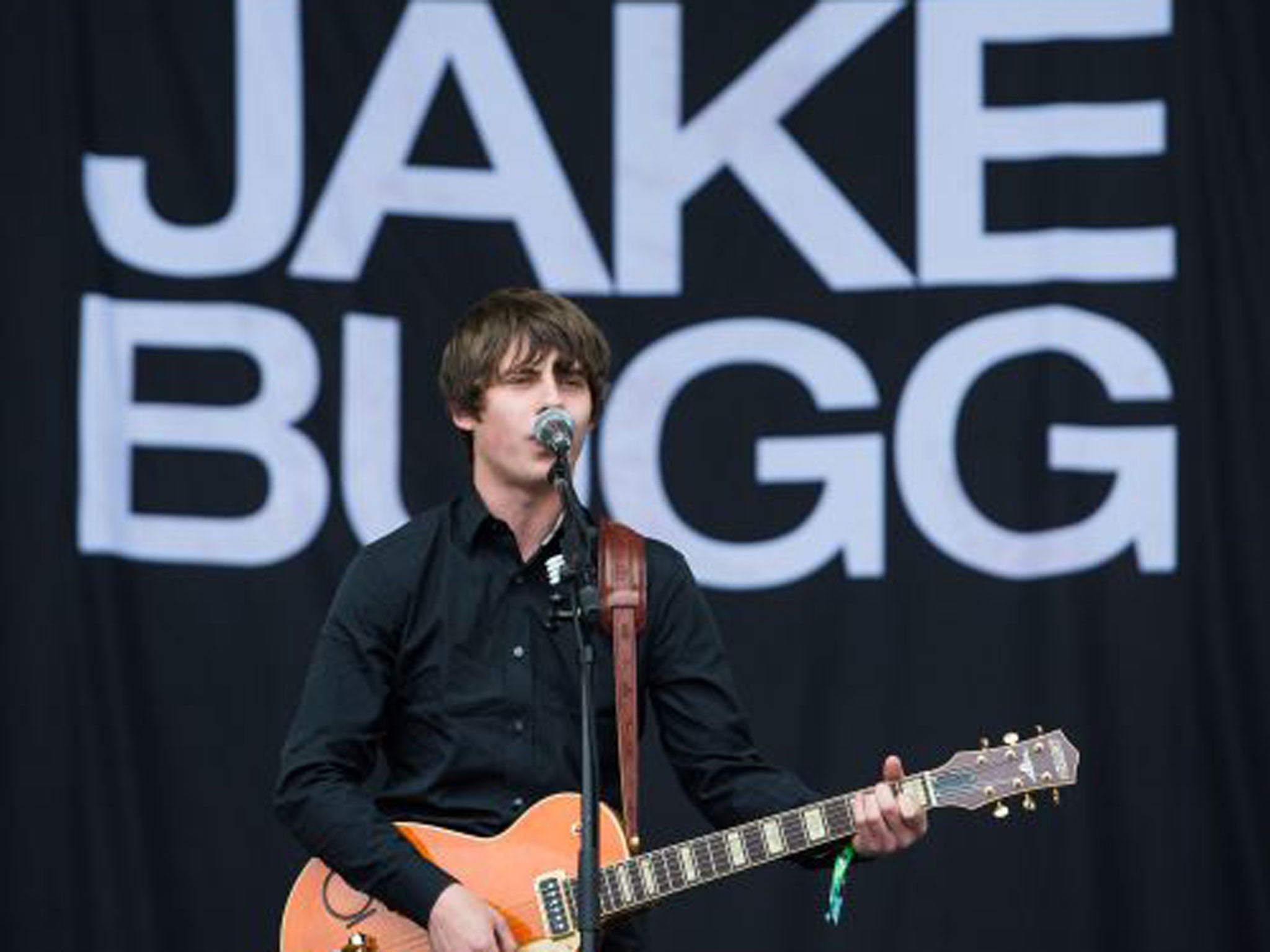Your support helps us to tell the story
From reproductive rights to climate change to Big Tech, The Independent is on the ground when the story is developing. Whether it's investigating the financials of Elon Musk's pro-Trump PAC or producing our latest documentary, 'The A Word', which shines a light on the American women fighting for reproductive rights, we know how important it is to parse out the facts from the messaging.
At such a critical moment in US history, we need reporters on the ground. Your donation allows us to keep sending journalists to speak to both sides of the story.
The Independent is trusted by Americans across the entire political spectrum. And unlike many other quality news outlets, we choose not to lock Americans out of our reporting and analysis with paywalls. We believe quality journalism should be available to everyone, paid for by those who can afford it.
Your support makes all the difference.Recorded with producer Rick Rubin at The Band's former Shangri La studio in Malibu – hence the album title – Shangri La depicts an artist expanding exponentially beyond the rudimentary rockabilly diatribes of last year's eponymous debut. If it's not quite the jump from Bob Dylan to The Freewheelin' Bob Dylan, it's the closest recent equivalent, a prodigious rate of development for such a tyro talent, all the more remarkable for not being reliant on significant musical progression, so much as raw songwriting ability.
Rubin is not to everyone's taste as a producer – there are issues with his fondness for excessive compression and loudness – but he's perfect for Bugg. The sort of naked focus that he applied to Johnny Cash works beautifully on the spiky protest skiffle of songs like "There's a Beast and We All Feed It" and "Slumville Sunrise", the former featuring fast, scuttling patter in the manner of "Subterranean Homesick Blues", the latter just one of several songs about escaping restrictions of circumstance and expectation.
The album's split between folk-rockers like "Messed Up Kids", a no-future tableau that's like Bugg's earlier "Seen It All", but from a more poetic viewpoint ("It's a washed-out Saturday, a sky of pastel shades, under breeze-block palisades"), and surlier electric rockers such as the loner anthem "What Doesn't Kill You", driven by brusque punk chording. But whichever mode he works in, Bugg's tenor cuts straight to the quick, whether snarling through the galloping rocker "Kingpin" or regretful about the unavoidable erosion of a relationship in "Kitchen Table", over electric piano and guitar lines in melancholy collusion.
As the strident "Storm Passes Away" brings the album to a close, it's hard not to notice the echoes of Woody Guthrie, both in the forthright, ringing vocal tone, and in the apparent ease with which Bugg conjures up evocative and enduring images to express the condition of the common man – a worthy task for such an uncommon talent.
Download: There's a Beast and We All Feed It; Messed Up Kids; Kitchen Table; Slumville Sunrise; Me And You

Join our commenting forum
Join thought-provoking conversations, follow other Independent readers and see their replies
Comments